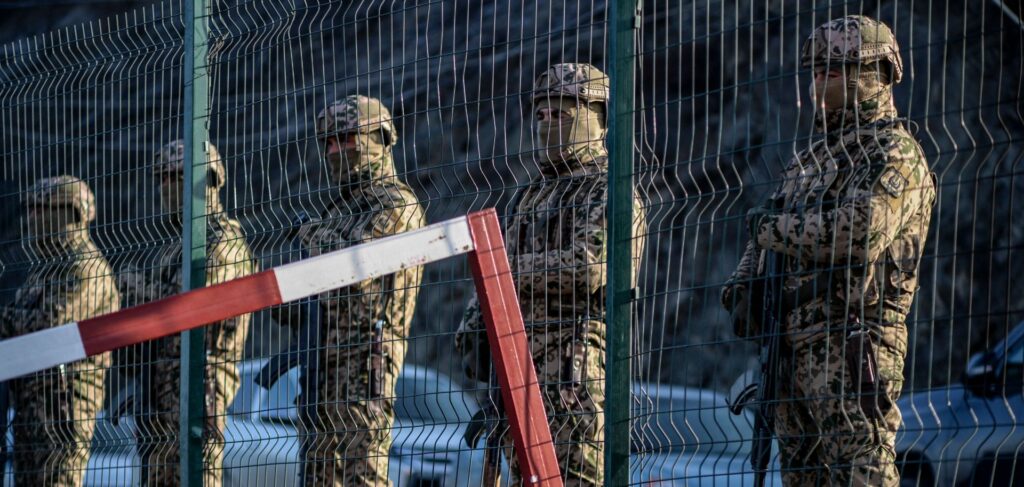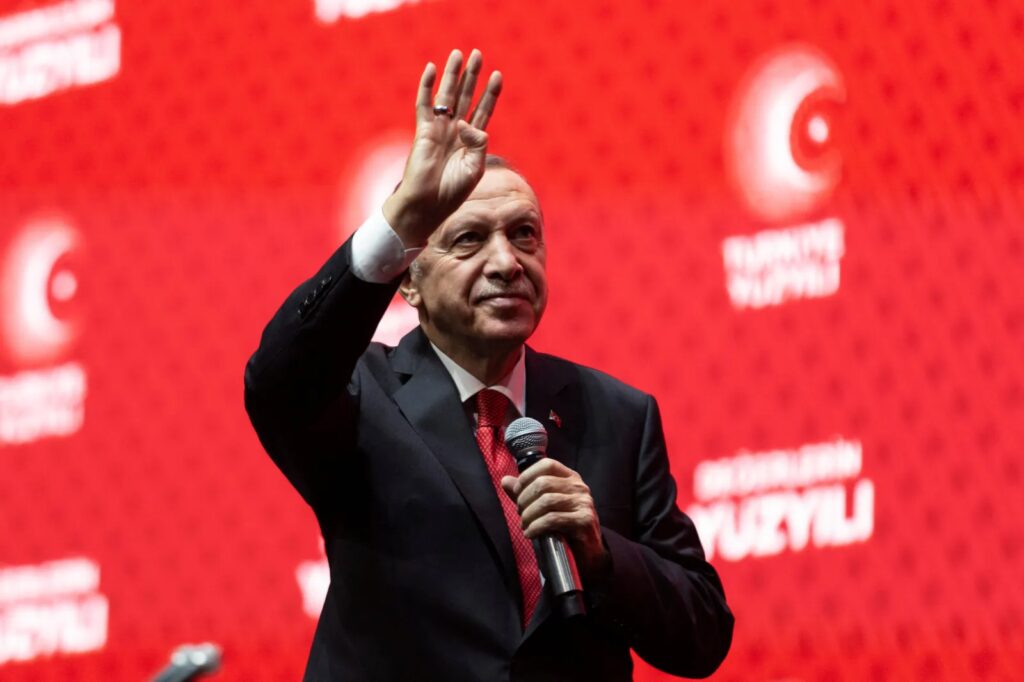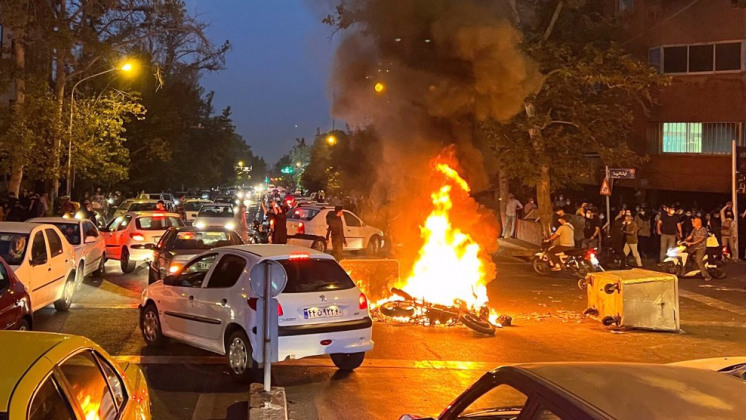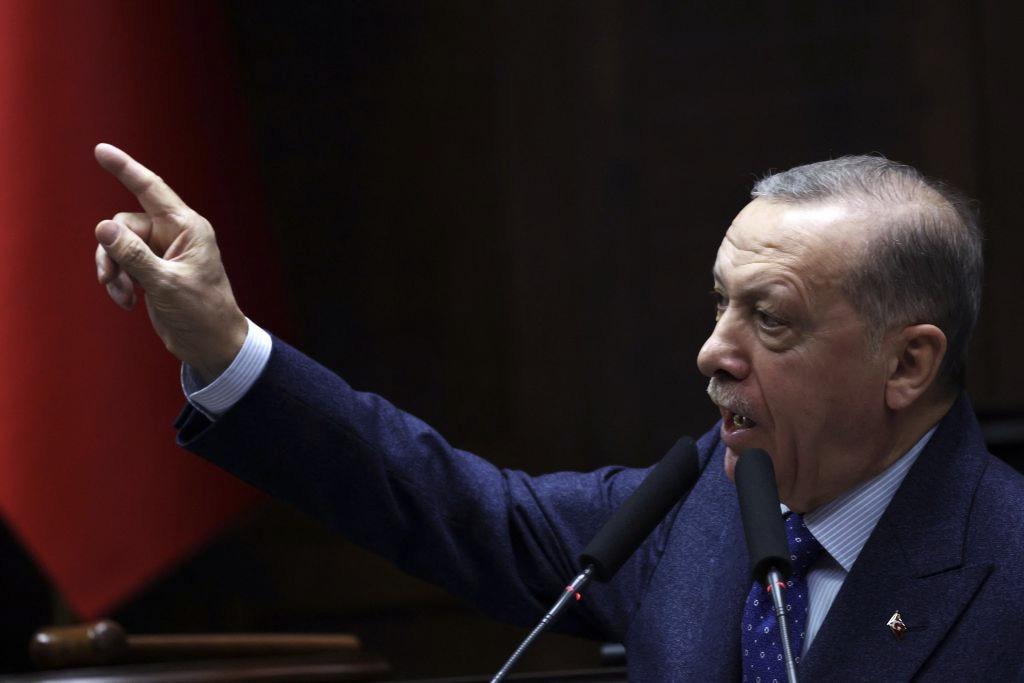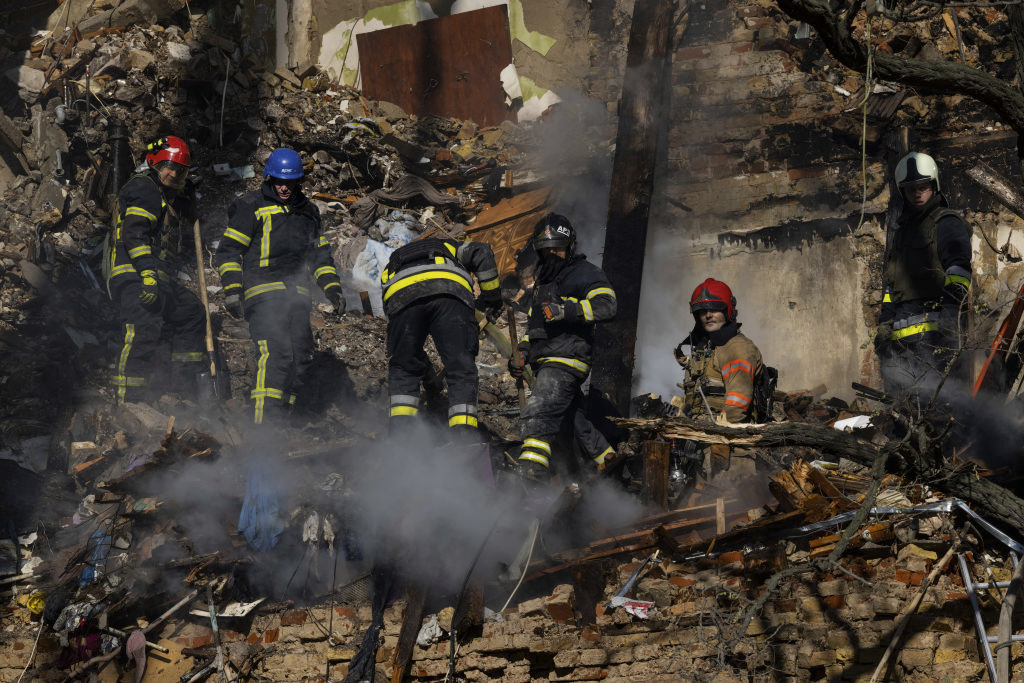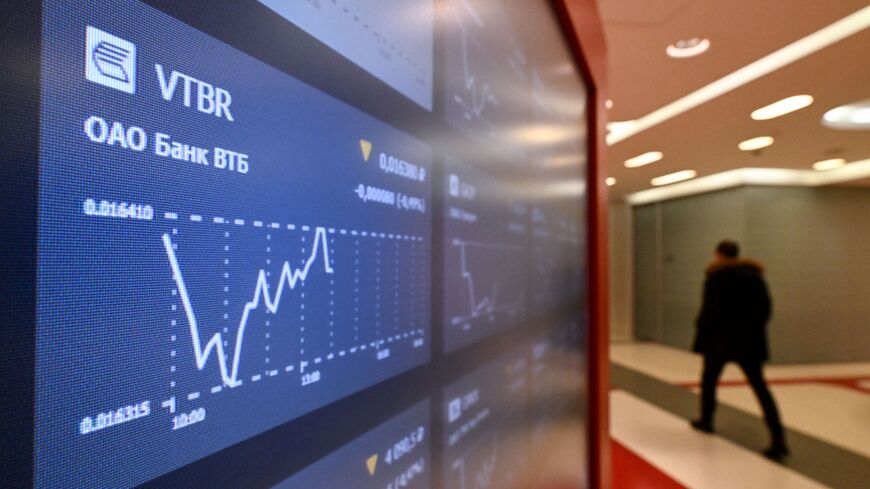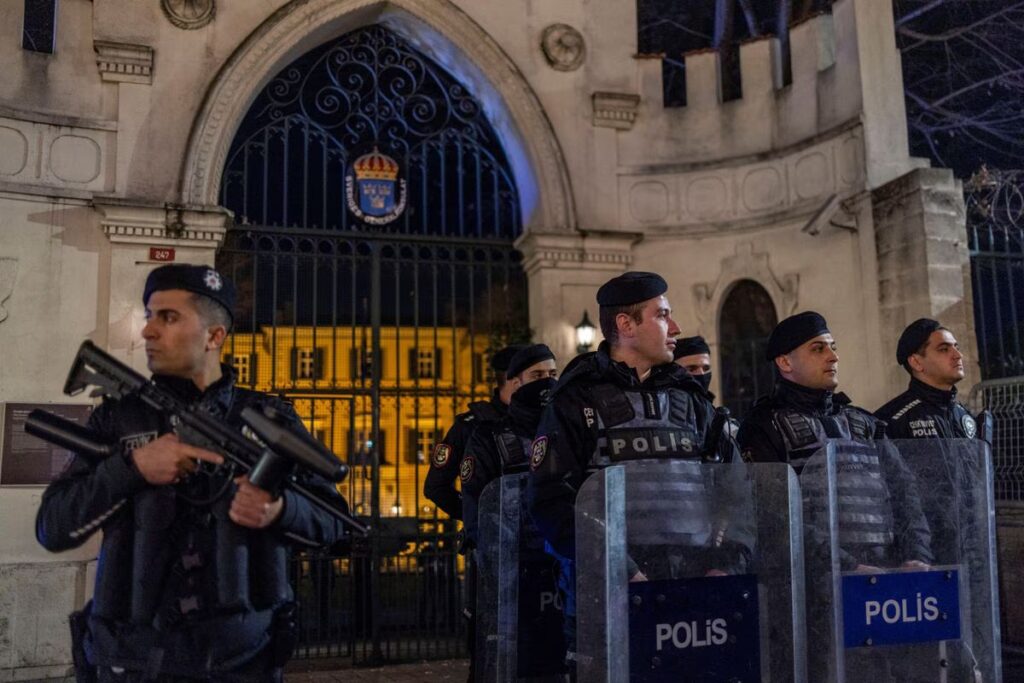Tehran and Moscow Announce Support for Damascus-Ankara Rapprochement Within “Quartet” Framework
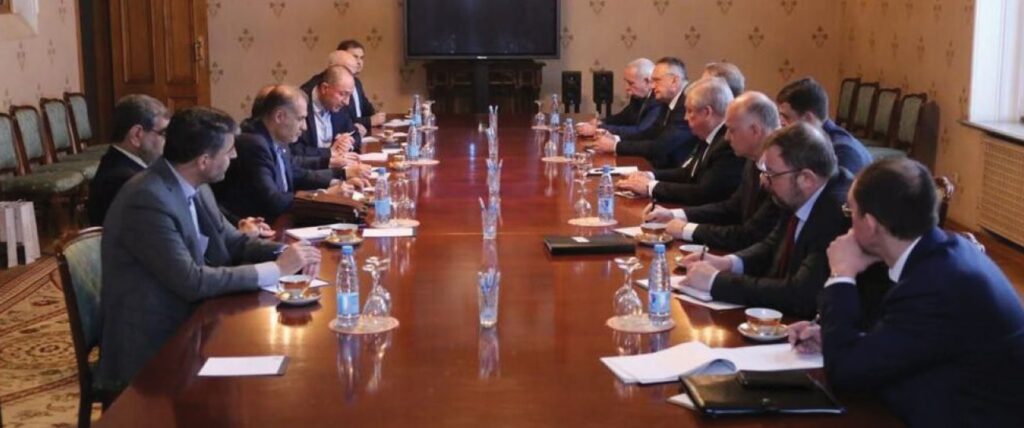
Diplomatic sources in Ankara confirmed to Al-Watan that Moscow is trying to arrange a meeting between the Syrian and Turkish foreign ministers.
Russian mediation, alongside Iran, has been active in recent days to bring the views between Damascus and Ankara closer. The mediation’s aim has been to expedite diplomatic talks between the two countries, noting that there is a scheduled date in mid-2023 for security talks, which may be accompanied by a meeting between the two countries’ defence ministers.

